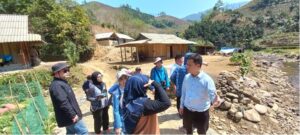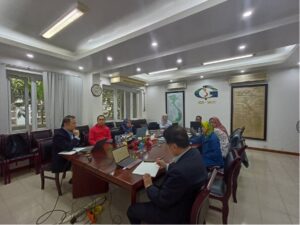On 5th March 2024, the Disaster Preparedness and Prevention Centre (DPPC), Malaysia-Japan International Institute of Technology was invited to participate in a field trip programme for the Joint Project Formulation Field Survey for Debris Flow and Early Warning System in Hanoi, Vietnam. The 5-day field trip, which initiated by National Research Institute of Earth Science and Disaster Prevention (NIED), Japan and co-organized with Institute of Geological Sciences – Vietnam Academy of Science and Technology (IGS-VAST) is one of the planned activities to realize a long-term project for cooperation between Japan, Malaysia and Vietnam on landslide and debris flow disaster risk mitigation projects. DPPC was represented by the Deputy Director – Assoc. Prof. Dr. Aznah Nor Anuar and research fellow, Ts. Dr. Faizah Che Ros. Other delegates included Deputy Director of NIED (International Affairs Division), Dr. Shohei Matsuura and Mr. Okabe and other faculty members of UTM-Civil Engineering such as Head of the Hydraulics and Hydrology Research Group – Ts. Dr. Eliza Alias, Director of Center for River and Coastal Engineering – Dr. Ilya Khairanis Othman, Deputy Dean of Research and Innovation – Assoc. Prof. Ir. Dr. Ahmad Safuan A. Rasyid and several young researchers in the field.
The first day began with a welcomed meeting hosted by Director of IGS, Assoc. Prof. Dr. Tran Tuan Anh, discussing the cooperation goals, issues related to landslide and debris flow disasters in each country, sharing expertise in addressing these issues, and addressing expectations for future collaboration on solutions that could benefit each country. On the first day, the delegates also had the opportunity to visit Viet Nam Disaster Management Authority of the Ministry of Agriculture and Rural Development (MARD) and meet the office Director, to express the collaboration intentions.
Next, the delegates embarked on a field visit to Mu Cang Chai , a rural district of Yên Bái province, in the Northwest region of Vietnam. Mu Cang Chai district is a highland district of Yen Bai province, located in the west of Yen Bai province and 185 km from the province center, 365 km from Hanoi capital. It has a tropical monsoon climate, divided into two seasons, dry and rainy season with the average temperature during the year is 18.50C. Mu Cang Chai is well-known with local farmers needed to develop special water distribution channels to deal with the lack of water and the high-altitude topography. In response to this challenge, the community developed a way to retain water by levelling the land on the mountain in layers, resulting in the rice terrace fields’ distinctive look. Since they were designated a National Heritage Site in 2007, the rice terrace fields in have attracted community-based tourism and featured in local festivals held during rice harvesting season in early October. However, due to the challenging of climate and human activities issues, in some areas, landslides and debris flows have become natural disasters that often disrupt the safety of the communities and the surrounding environment. The 3-day field visit was very meaningful for researchers to understand the real problems and explore potential solutions, which specifically focused on early warning system.
The programme concluded with a 1-day workshop on proposal writing to gather all the information obtained from the field visit and discuss research scopes towards providing innovative solutions. All delegates agreed to collaborate under this establish consortium which involving universities and research institutes/centres from these three countries (Japan-Malaysia-Vietnam), and a Memorandum of Understanding (MoU) will be pursued as an official sign of this cooperation.
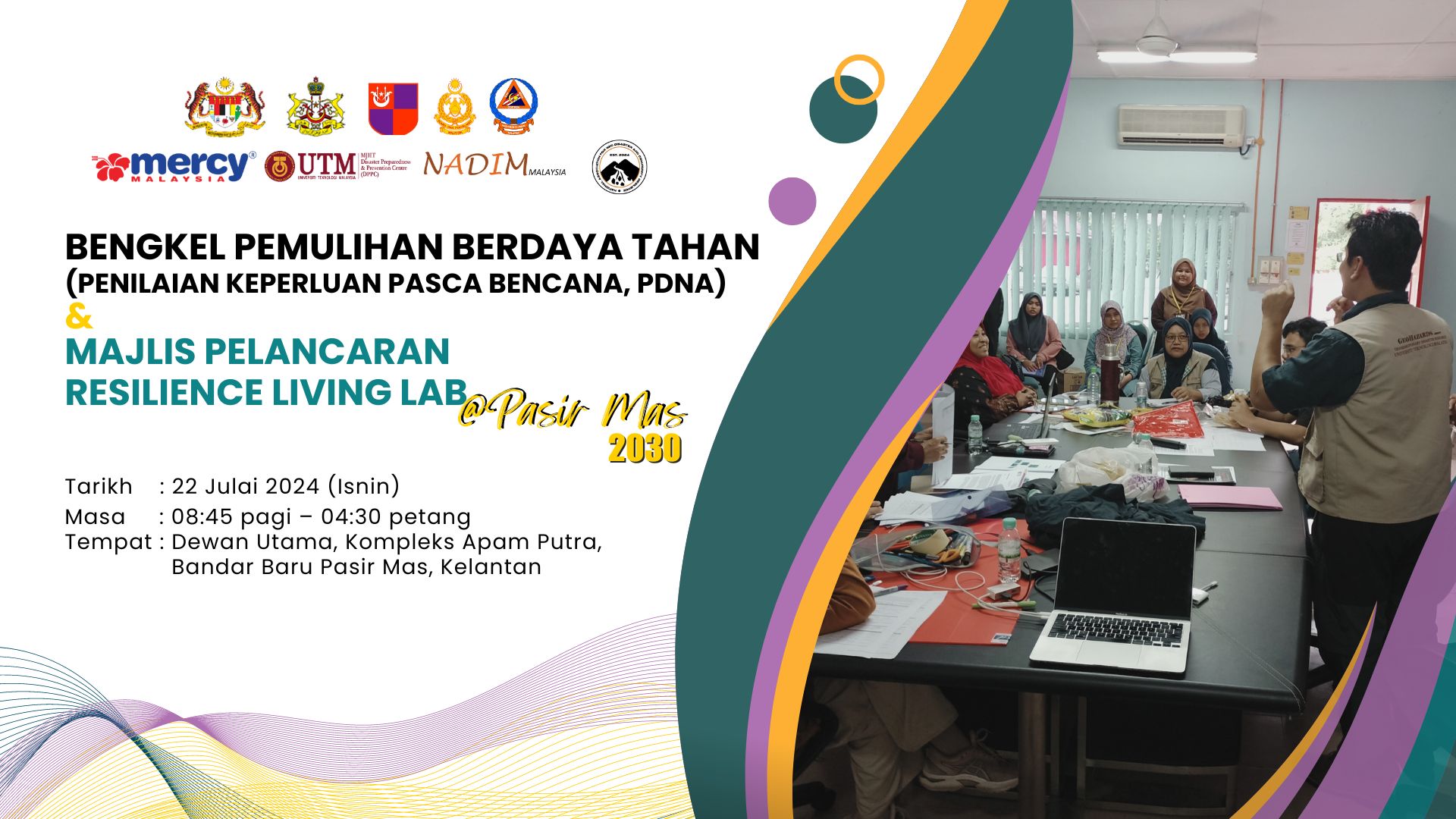
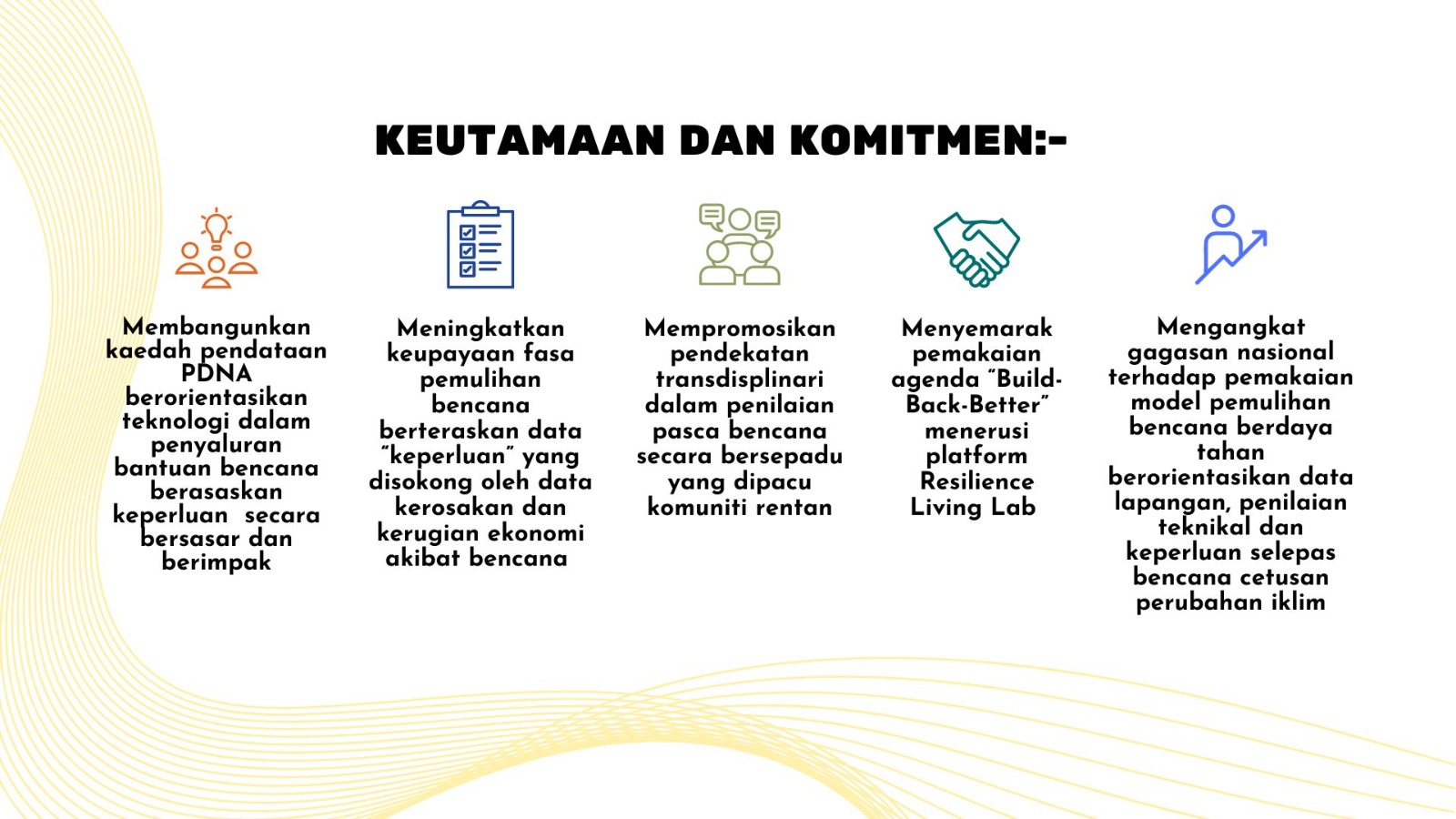
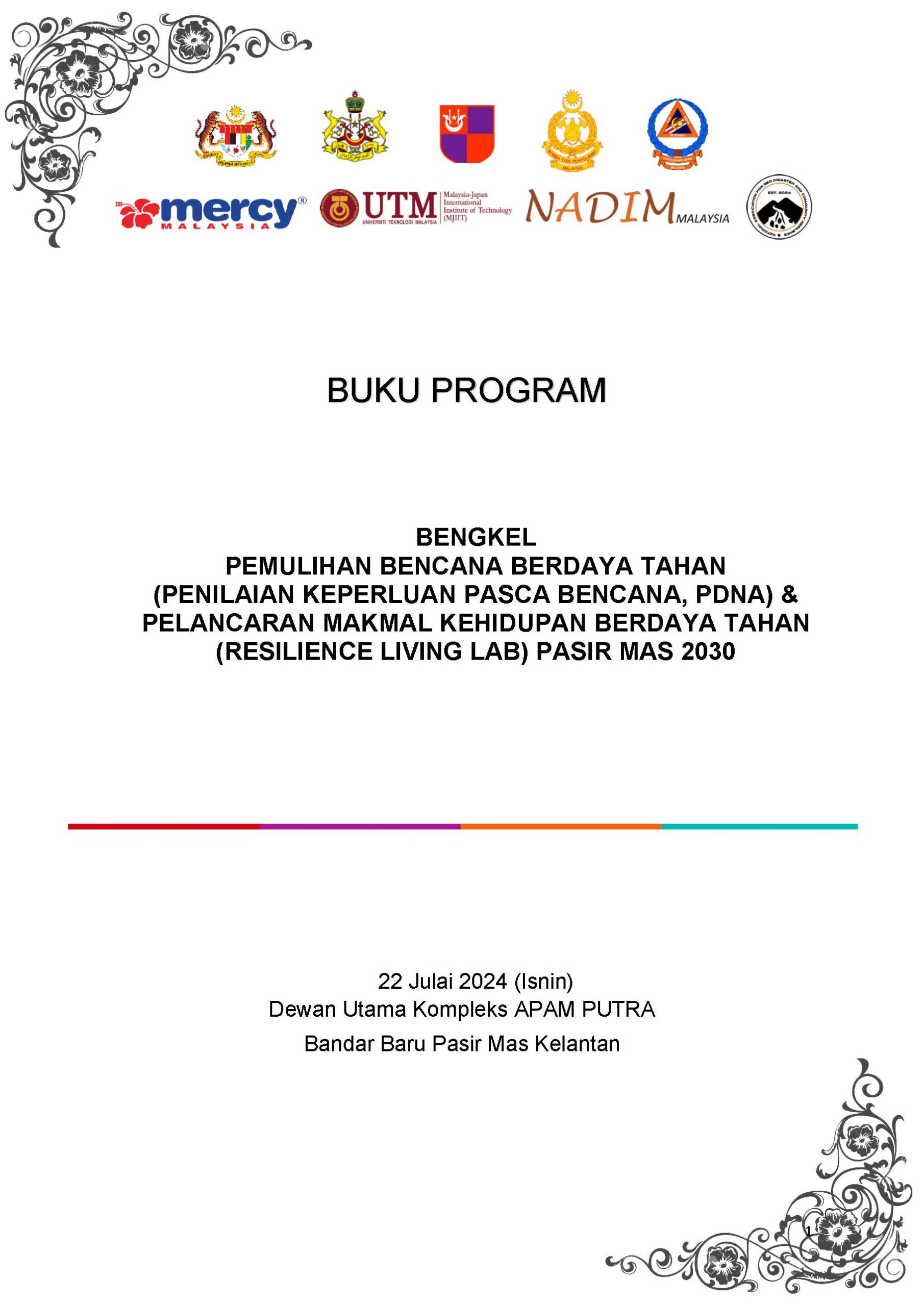
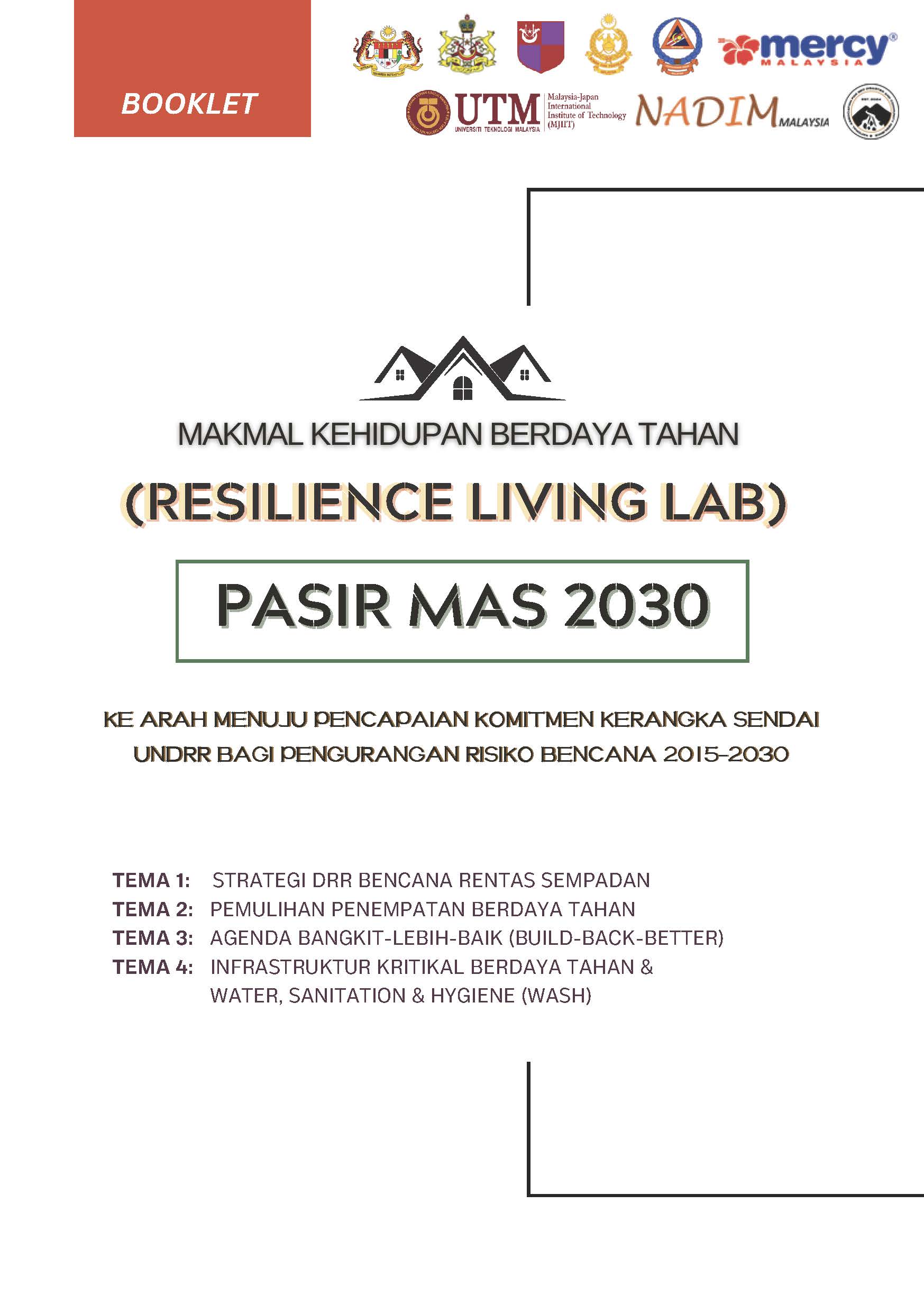
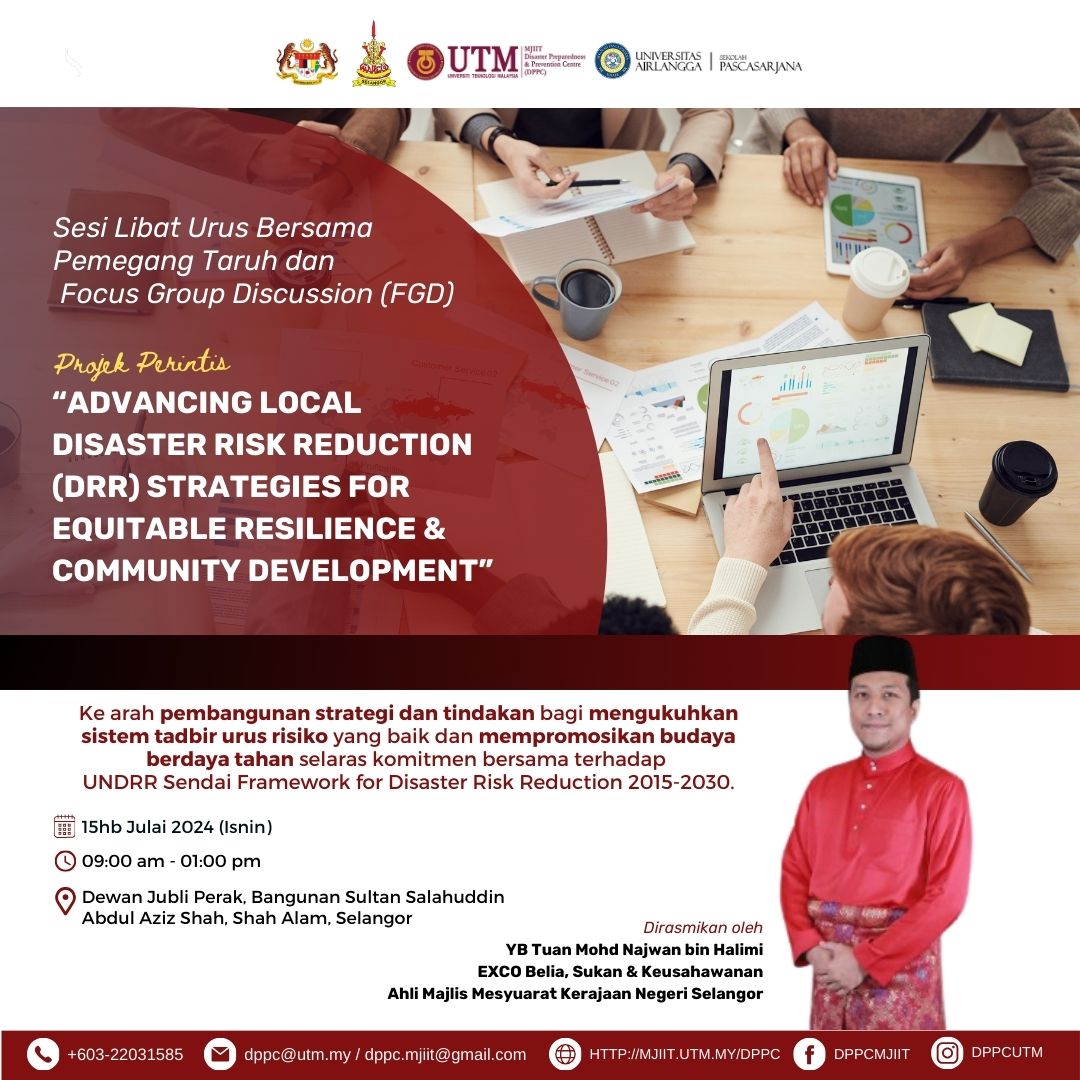
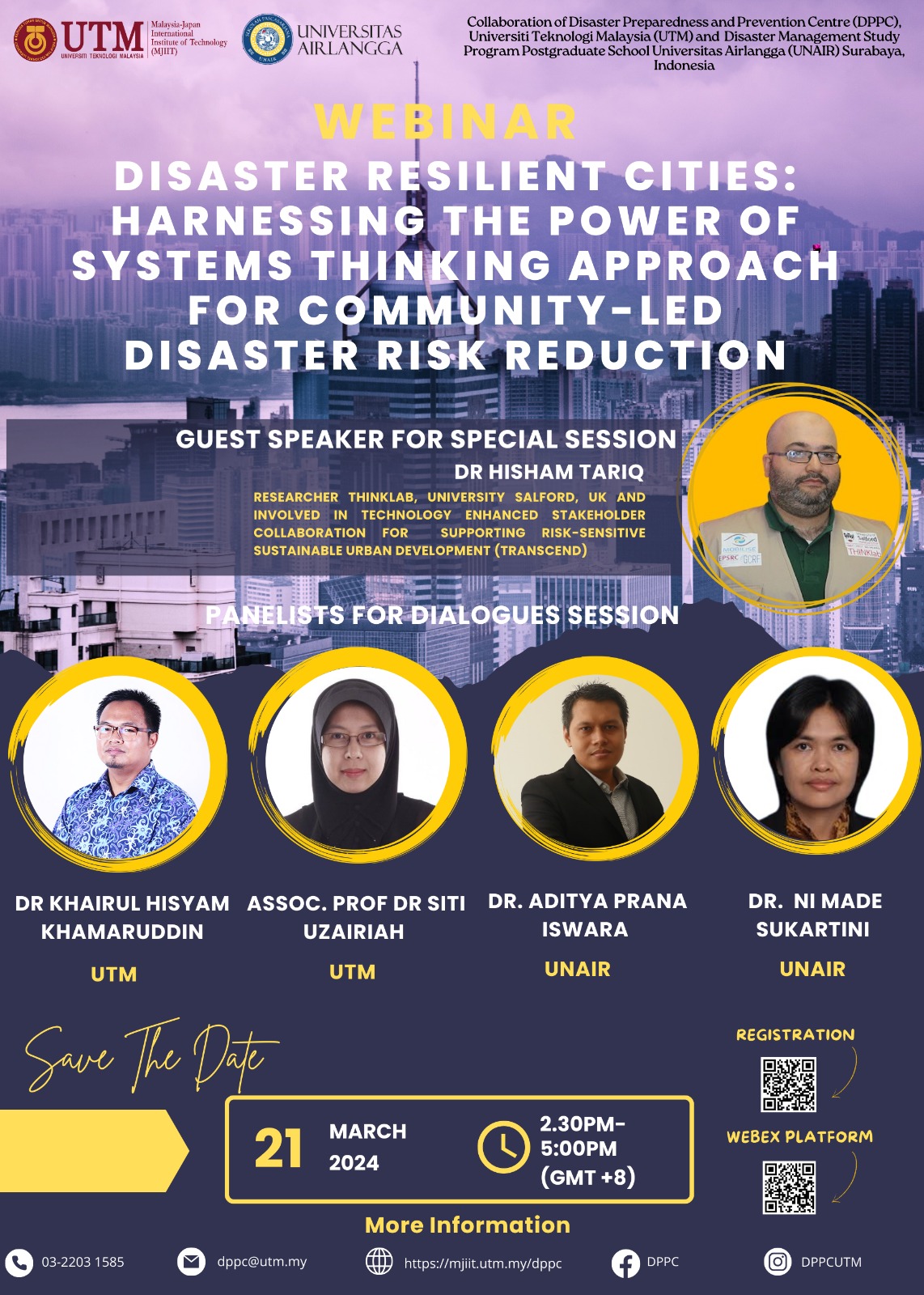
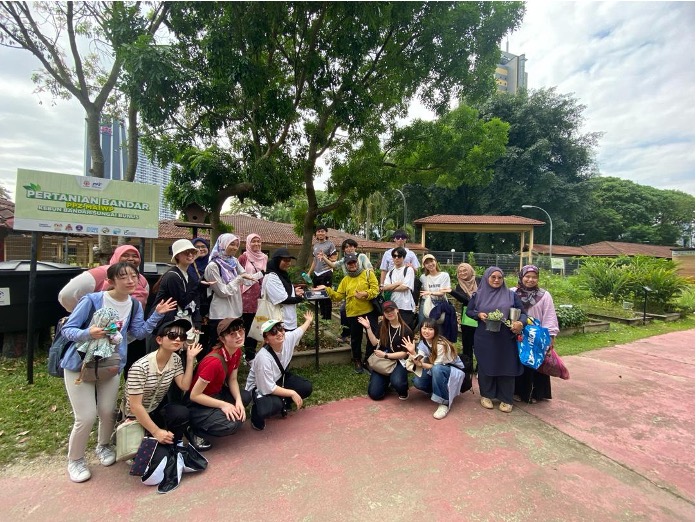
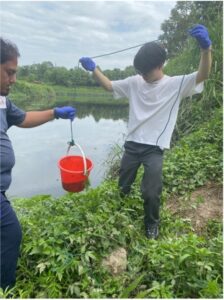
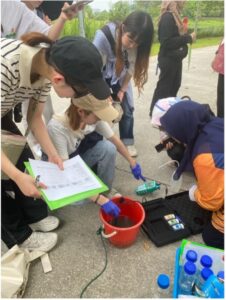
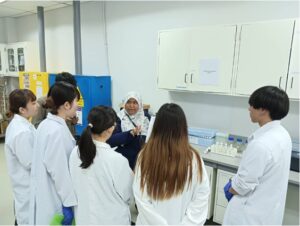
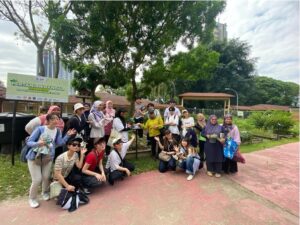
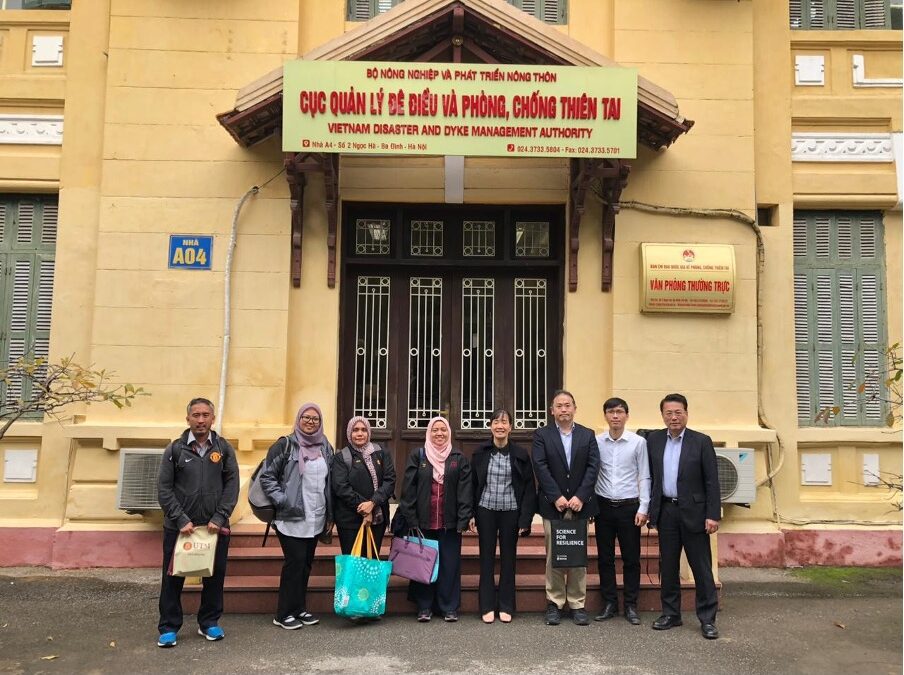
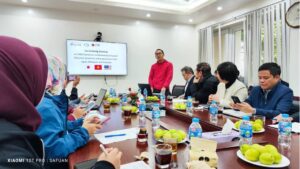
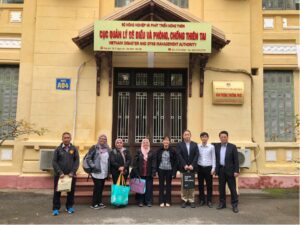 Delegates’ group photo in front of the MARD office
Delegates’ group photo in front of the MARD office